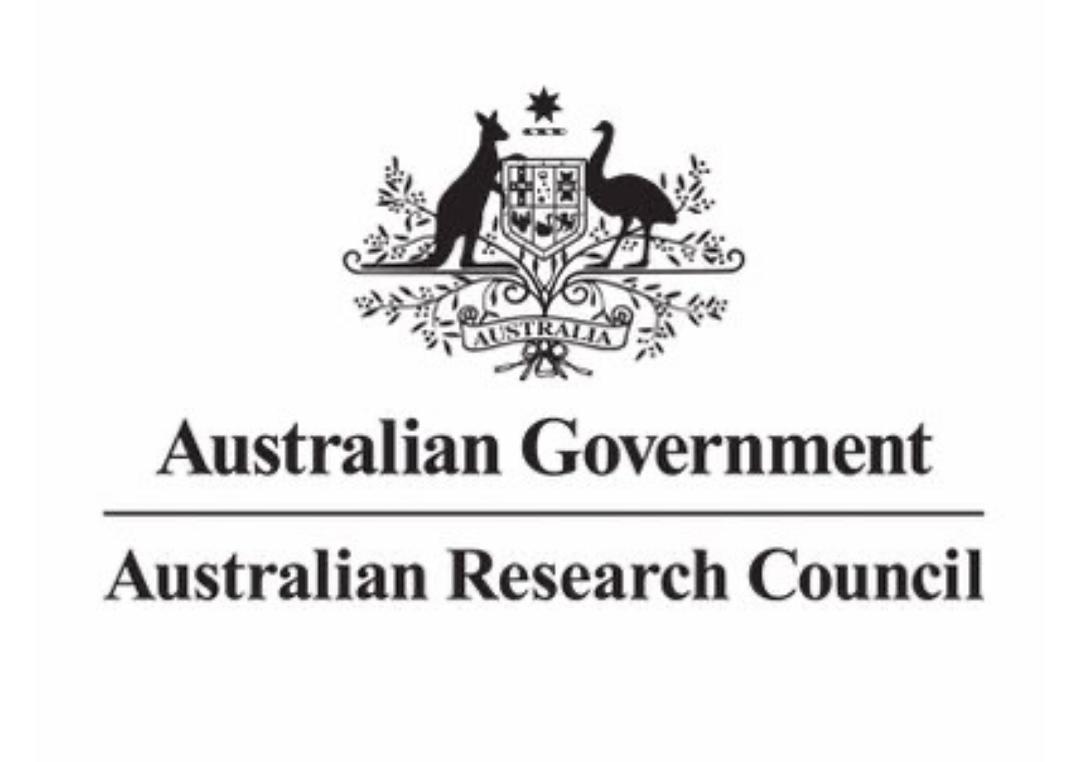Enhancing Community Commitment in Conservation through Participatory Approach
DOI:
https://doi.org/10.51200/jtbc.v19i.3935Keywords:
participatory approach, capacity building, conservation, natural resources, sustainable livelihoodsAbstract
Kg. Tudan is a village situated in the buffer zone of Crocker Range Biosphere Reserve (CRBR). About 402 people live in Kg. Tudan, and majority are farmers. However, the steep terrain and infertility of the soil has affected the livelihood of communities, making them dependent on the surrounding forest to support their living. The Sabah State Government, Japan International Cooperation Agency (JICA), and Universiti Malaysia Sabah (UMS) implemented a project in Kg. Tudan, Tuaran, Sabah from 1st July, 2013 until 30th June 2017, under a programme called "Sustainable Development for Biodiversity and Ecosystem Conservation" (SDBEC). The project's main focus was to develop sustainable livelihoods through a participatory approach and the concept of living in harmony with the environment. After the project ended, a qualitative study was conducted to evaluate the effectiveness of the SDBEC project implementation in Kg. Tudan and its implication towards the local communities' conservation awareness. Thirty-three villagers of Kg. Tudan were interviewed. The data was analysed using Leximancer software with results illustrated in the form of a conceptual map. The study's findings indicated that the knowledge and commitment of the community in Kg. Tudan on conservation was enhanced through a participatory approach. The study also identified that the community of Kg. Tudan required capacity building and integration of sustainable livelihoods with community-based natural resource management. We recommended for ministries and NGOs engaged in environmental and biodiversity conservation to direct more efforts towards developing sustainable practices that facilitate local communities' participation in preserving natural resources.
Downloads
Published
How to Cite
Issue
Section
License
BY: credit must be given to the creator.
NC: Only noncommercial uses of the work are permitted.
This journal provides open access to its content under CC BY-NC 4.0 on the principle that making research freely available to the public supports greater international collaboration and information exchange.












